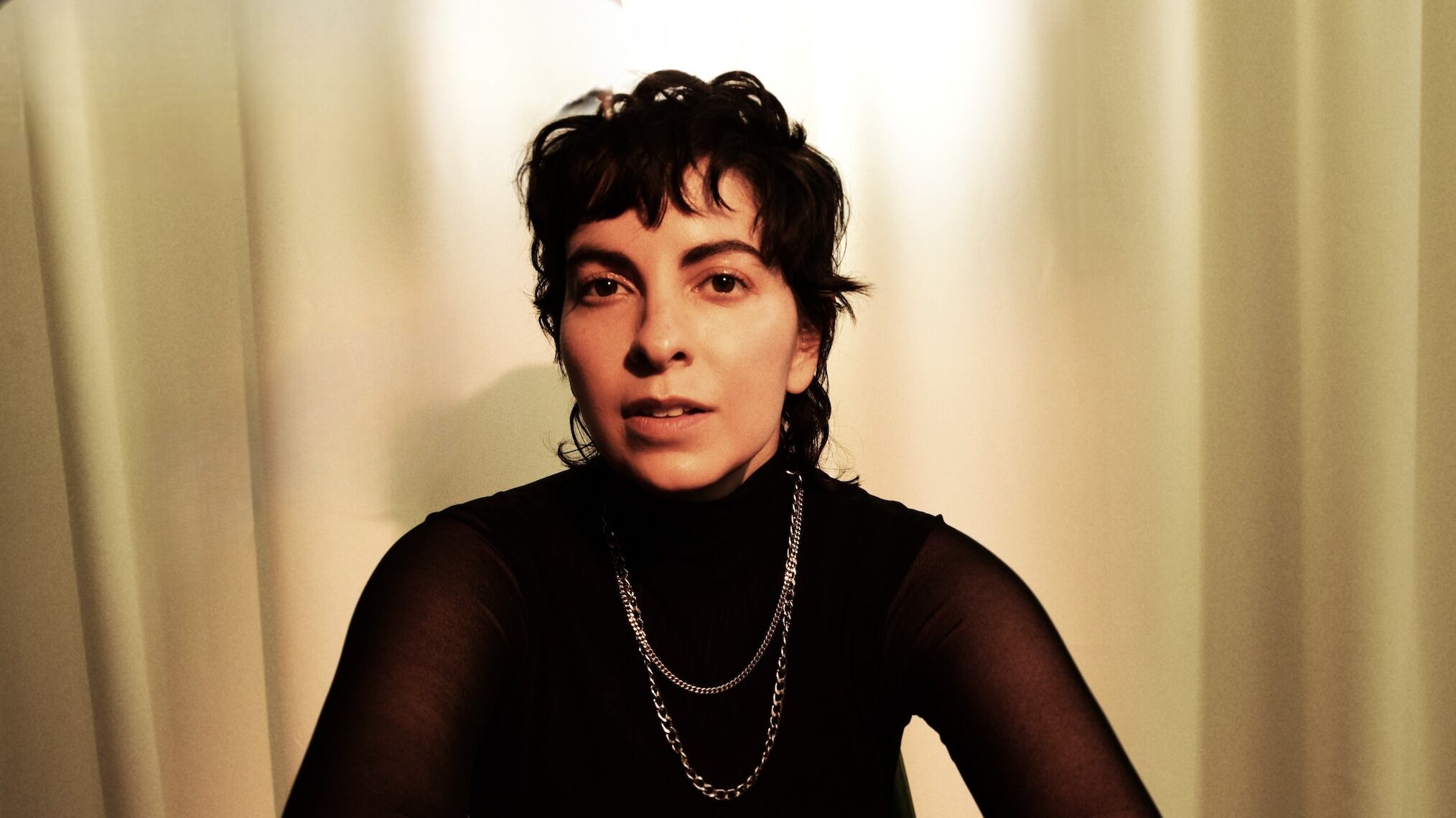“I don’t want to just be trapped inside myself anymore/I don’t want to just pretend anymore/I want to live/I want you to live too.” Becca Mancari is no stranger to vulnerability. In their latest album, Left Hand, you’ll find a plethora of confessional-style lyrics littered among their newly explored pop-style instrumentation and sound.
WW sat down with the Nashville-based artist ahead of their Portland show on Nov. 5 at the Mission Theater to learn more about their background and the making of Left Hand.
WW: How did your musical journey begin?
Becca Mancari: So I have been singing since I was three years old. You know, I remember my first cassette tape recording device that was really special to me. It’s funny because I just produced this new record and it’s my first time doing that, but I think innately I was always really drawn to capturing myself and the environment that I was in.
For me, music was always an escape. I was raised very religious. My dad was a pastor and so every morning I would walk down to my family’s kitchen and there’d be strangers because we started the church in our house actually. But for me, I always knew that I knew I was gay, very young.
I didn’t have any language though. I didn’t know what the word was. But I knew I was different. And so I think music was always my way of feeling safe in a family where I knew that when I went outside of the box. I also think it’s interesting that the place where I feel the most myself is when I’m on stage.
Obviously, queerness is a major theme throughout the majority of your work. What was it like growing up in a religious family in Nashville where being queer is not typically going to be accepted?
Yeah, it was really difficult for me to find my own voice. We were taught and raised on the system, and I think when you’re part of a community that is so centered on keeping the world out, you have to find your own way. But their belief being so strong helped me to have a spirituality and of my own. And years later, I found that actually helped me want to create music for the queer community because it’s something bigger than myself.
Topics like mental health, self-acceptance and religion are obviously very constant themes throughout the album. How has exploring these ideas helped to develop your artistic style?
It definitely felt like something I couldn’t not do. I don’t know if I could make another record like Left Hand again or even want to. I do feel like it was the thing that I had to do to break through to myself. I keep reiterating in these interviews that I just want people to not feel trapped anymore. I think so much about mental health issues are people feeling afraid to talk about the things that scare them.
The record is easily accessible in a sense because it really does make you feel something and I think that is a scary thing. Sometimes as humans, I think we’re all going through it. You know, pull out your phone and you can see humanity at its worst and best. I think sometimes with music, we just want to escape and I think that’s beautiful. But I think I needed to make a record where I wasn’t running anymore. And this record is that.
For people who haven’t heard your music yet, who would you describe as your corollaries or influences, contemporary or otherwise? What artists inspired your sound?
My friend, Julien Baker, was really inspiring. I started opening for her back in 2018. But in general, if I’m a friend of a musician, I’m probably a fan of their work. As for my music, I want to call it “the story of being a queer person.” And I will tell you that these shows have never felt better and more connected.
I’ve actually had fans from the good old days come up to me and say, “You don’t even seem like the same person. We’ve always liked your music, but you are on some different plane now.”
GO: Get tickets to Becca Mancari’s Portland show at McMenamins Mission Theater on Nov. 5 here.
